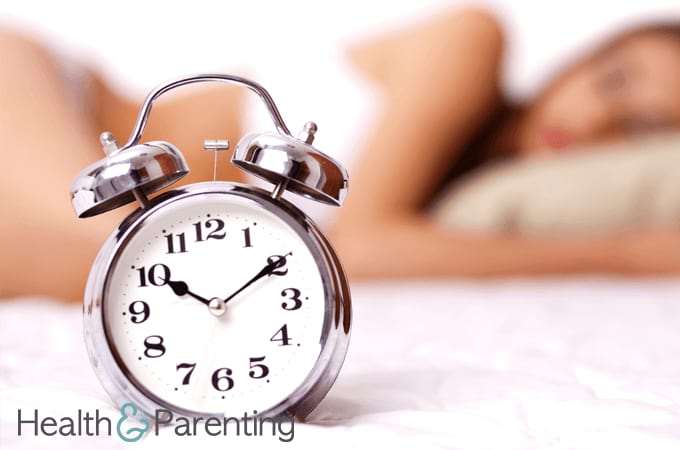Many people assume that a missed period is down to pregnancy, but in fact that ‘missed’ period could simply be late. If you have a regular cycle, it can be worrying if your period doesn’t arrive on time. You may find that your period is simply a couple of days, or even a week or so delayed. There are plenty of reasons why your period might be late, including:
1. Stress
Stress can delay ovulation, which may in turn delay the arrival of your period. Moving house, relationship problems, exam stress and financial worries could all be playing a part in your late period. Stress can even cause you to skip a period, or several periods, altogether. If you think stress is delaying your periods, you may want to find ways to reduce stress and learn to relax. Breathing techniques, regular exercise and having realistic expectations about what you can achieve may all help you to feel a little more in control and reduce your feelings of stress.
2. Illness
Even short illnesses can impact on your periods. If you’ve been feeling under the weather, you may notice that your next period is slightly delayed. Some medications can affect your menstrual cycle, so check the side effects listed on the packaging of any of your prescription drugs. Delayed menstruation caused by illness usually rectifies itself with no need for medical help.
3. Your weight
Menstruation can be impacted by weight. If you are medically classed as severely underweight or obese, you may find that your periods are affected. The organs of people who are severely underweight or obese are under great stress, and this can lead to delayed or ceased menstruation. To help your periods return to normal, you will need to gradually work towards a healthier weight. Gaining or losing weight fast could put your organs under more stress, so it is something you need to do gradually. Speak to your healthcare provider for advice.
4. A change of pace
A drastic change in work patterns can impact upon your periods. For example, some women find that switching to night shifts leaves their menstrual cycle in a bit of confusion, at least for a short while. Travel can also caused delayed or missed periods, especially long distance travel that causes jet lag.
5. Over Exercising
Exercise is important and helps to keep you healthy. You should aim for at least half an hour of moderate exercise each day, but should be wary of excessive exercising. Excessive doesn’t mean an extra 20 minute walk at the end of the day, or an impromptu game of football with friends after work, it means putting your body under excessive physical stress. Delaying periods can be the body’s way of protecting itself during times of stress, and this includes physical stress.
6. Perimenopause
Menopause means you will no longer menstruate, and there is a transitional phase (perimenopause) as you enter menopause which can cause delayed, irregular or abnormal (for example, lighter or heavier than is normal for you) periods. Perimenopause can last a few years, and most commonly begins when women are in their 40s, though it can happen earlier.
7. Miscalculation
28 day cycles may be considered the norm, but in actual fact, they are not as common as you might think. Slightly longer, or even shorter, cycles are well within the ‘normal’ range. Many women mistakenly assume they should have a period every 28 days, leaving them feeling worried when their period is ‘late’, when in fact, their period will start on time in just a matter of days. Using a period app, or noting down when your periods start and stop each month, may help you to work out the length of your cycle. This information will better able you to estimate when your next period is due.
8. Pregnancy
Most women find that their periods stop during pregnancy, though a small number of women continue to experience regular bleeding throughout. If you think you may be pregnant, take a pregnancy test anytime from the first day of your missed period.
9. Medical conditions
There are a number of medical conditions that could cause delayed or skipped periods. Polycystic Ovarian Syndrome, pituitary disease, thyroid disease, sexually transmitted diseases, diabetes and liver conditions can all caused delayed periods. The chances of an underlying medical condition causing your delayed periods is slim, but if you are feeling worried, it’s always worth talking to your healthcare provider for advice.
This information is not intended to replace the advice of a doctor. Health & Parenting Ltd disclaims any liability for the decisions you make based on this information. All contents copyright © Health & Parenting Ltd 2014. All rights reserved.










